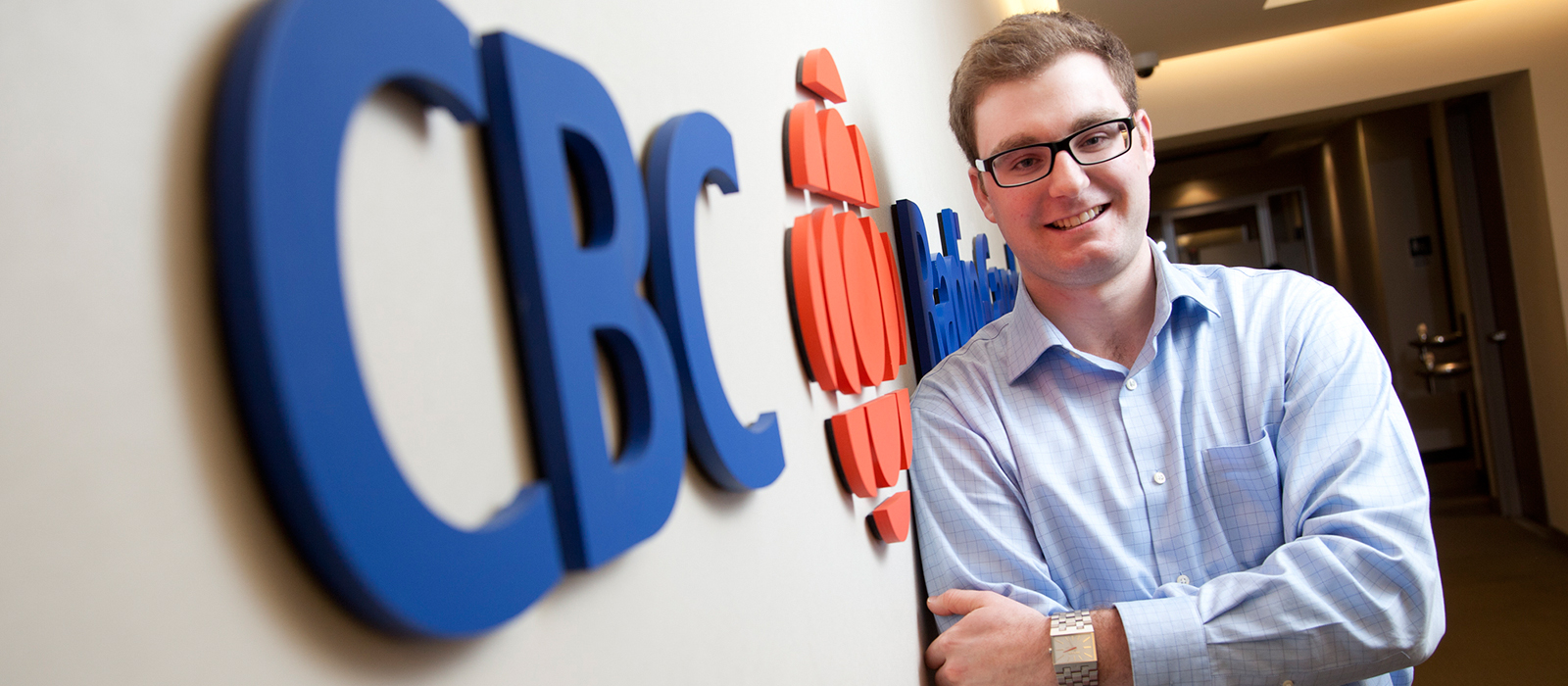Co-operative Education combines traditional, in-class education with hands-on experience. Co-op students alternate study terms at Carleton with four, eight, twelve or sixteen month work terms.
Co-operative Education is the opportunity to get a head start on a career. Co-op work terms allow for the development of key employability skills, exploration of career options and graduation with tangible, workplace experience—giving students a competitive edge in the job market after graduation.
The Ottawa region presents a diverse working community rich in opportunities. Carleton University students study in close proximity to an active high-tech community, several renowned research facilities, and many government departments and agencies. Carleton co-op students have completed work terms locally, across Canada, and around the world.
Co-operative Education will:
- Provide practical on-the-job experience;
- Allow for networking with a variety of industry professionals;
- Help earn money to help reduce student debt;
- Add significant value to a degree program;
- Develop professional skills.
What sets Carleton Co-op apart:
- Proximity to government agencies and high-tech companies
- No ranking
- Longer work terms which means you get more in-depth experience
Visit our Top 10 Reasons to Choose Co-op@Carleton page to find out more about the advantages Carleton’s co-op program.
Students who successfully complete the specified number of co-op work terms, in addition to the requirements of their academic program, receive a Co-operative Education designation on their degree. This special designation indicates to future employers that they have successfully demonstrated both strong academic performance and real world experience and dedication. Successful co-op students graduate with 12 to 20 months of valuable, hands-on work experience.
Information for Co-op Students in Engineering
Students in Engineering who plan on completing their professional designation (P.Eng.) upon graduation may be eligible to count up to 12 months of work experience towards the 48 months necessary to obtain your license.
To be eligible for consideration, you will be required to complete a Pregraduation Experience Record Guide for each work placement you complete. This form must be completed in addition to the other forms associated with co-op.
More information can be found attached to the Record Form.
Information for Co-op Students in Accounting
Students taking the Bachelor of Commerce Accounting concentration can complete all the academic courses required to enter the Chartered Professional Accountant (CPA) Education Program. Co-op hours in an approved placement can be counted towards the practical experience requirements to become a CPA. Sprott also offers a Master of Accounting program and these graduates can proceed directly to the CPA Common Final Exam.
For information on the application process or costs, please visit CPA Canada.
